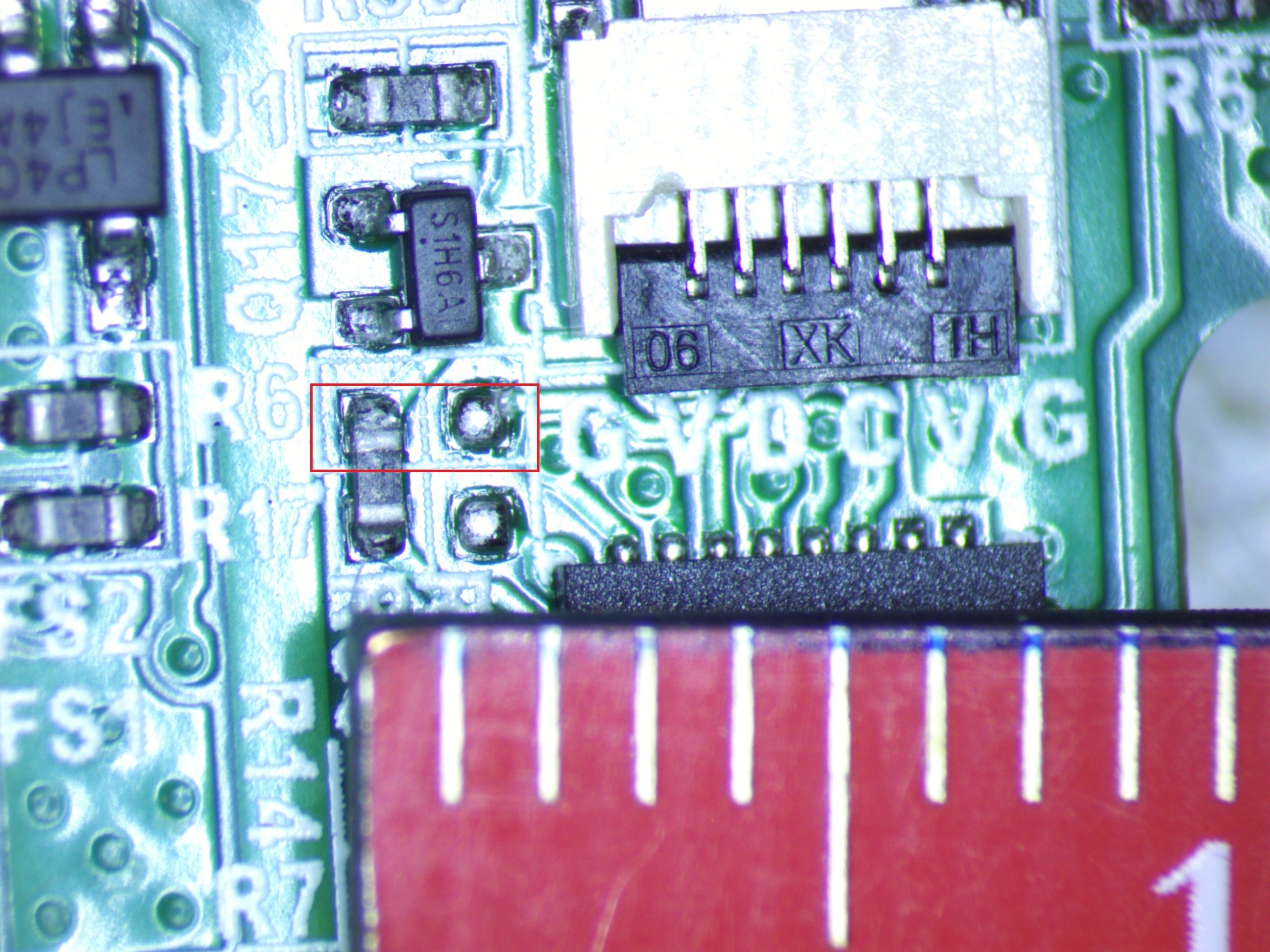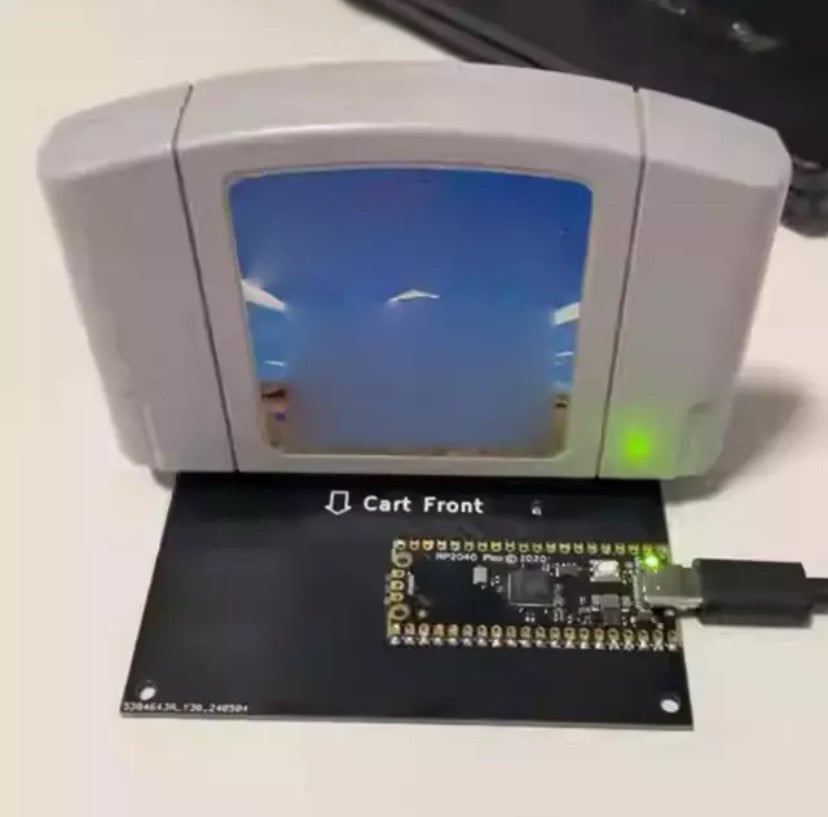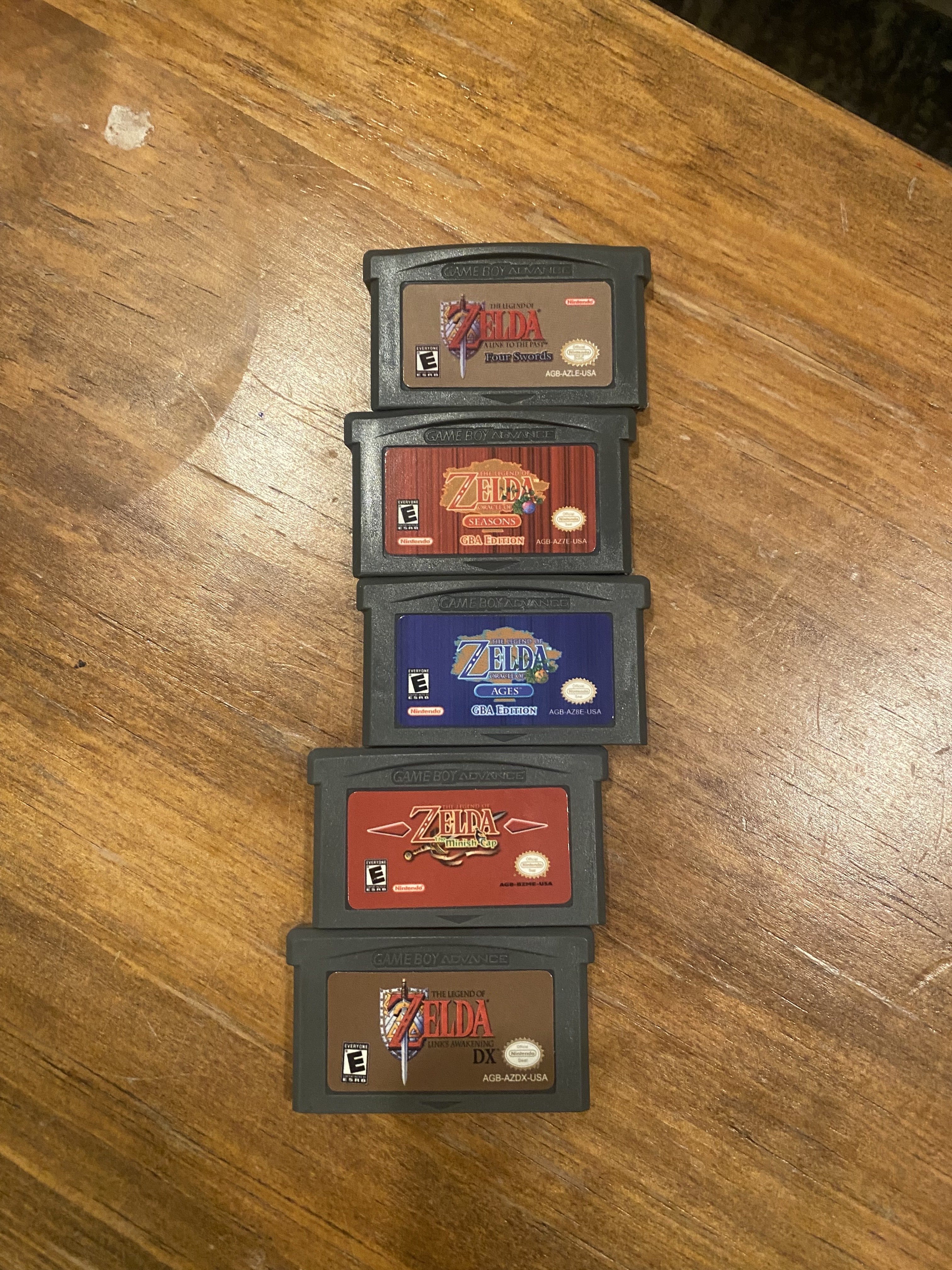Moore’s law factored in cost, not just what was physically possible.
The complexity for minimum component costs has increased at a rate of roughly a factor of two per year. Certainly over the short term this rate can be expected to continue, if not to increase. Over the longer term, the rate of increase is a bit more uncertain, although there is no reason to believe it will not remain nearly constant for at least 10 years.






It always bugged me how in Man of Steel, Superman has to deal with the moral quandary of breaking the bad guy’s neck at the cost of vaporizing a family.
Like they spent the previous 20 minutes punching each other through buildings. No way that was the first family they killed.